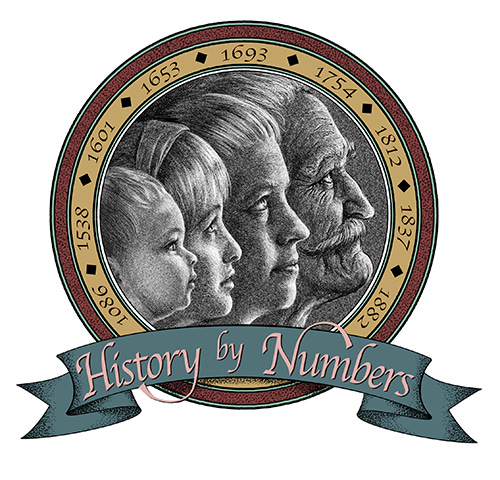[History by Numbers] The generation game
Talkin' 'bout my…
What is a generation? We tend to use the term quite loosely as a way of counting back through one tier of ancestors before another – although it doesn’t take long for different branches of a family to fall out of sync.
In my own family tree, for example, if I go back to my great-great-grandparents, their years of birth range from 1814 to 1854, so speaking of ‘four generations ago’ immediately covers eras 40 years apart.
Nowadays the word ‘generation’ is also applied more nebulously by the media to groups of people sharing social/cultural experiences – ‘Generation X’ for example (generally held to include people born between 1961 and 1981), or today’s ‘Generation Rent’, unable to get on the housing ladder.
A few years ago, the excellent ‘undercover economist’ Tim Harford covered this subject in the BBC Radio 4 programme More or Less. He spoke to demographer Professor Jane Falkingham, who provided the statistical definition of a generation, namely the average age of mothers when they first give birth. This is something that has not only varied over time, but also across social classes.


